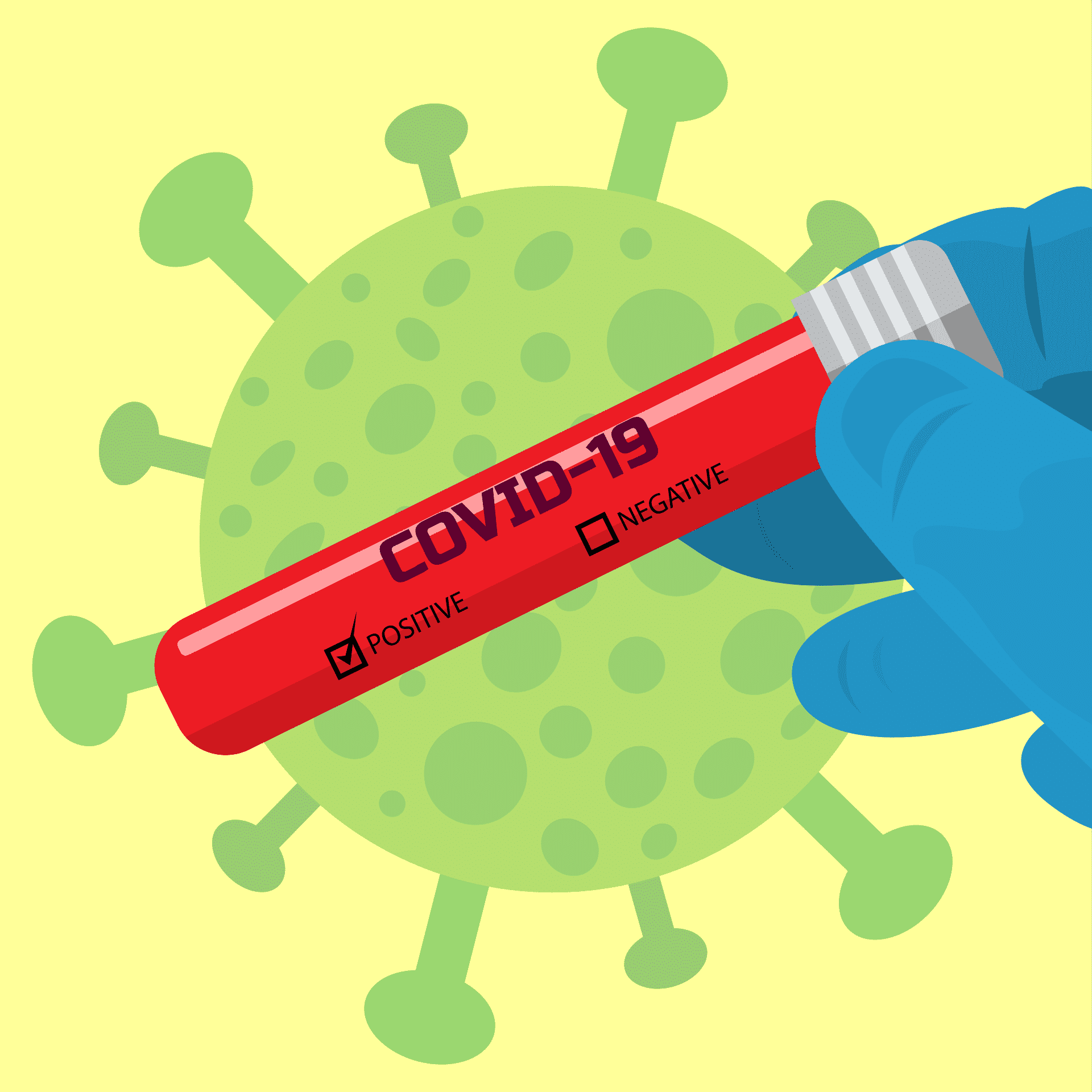At some stage in the future, it is very likely that a person who lives on the Isle of Man is going to contract coronavirus. We need to prepare for that day.
Indeed, there’s some chance that someone currently on the island has the virus since so few tests are being conducted each day. As of 4pm on 9 July, the last month has seen the on-island testing facility operate at just over one quarter of its capacity. Compounding this, the Isle of Man Government refuses to test every person coming to the island, so even though the virus might not be circulating on the island, it is possible that people arriving on the island had the virus. That risk is partially reduced by people generally (if not universally) being in quarantine when arriving in the Isle of Man.
As of today, it is difficult to imagine the United Kingdom, let alone the world, eradicating the virus in the forseeable future. With experts forecasting a vaccine for the virus in late 2021, or beyond, if at all, we are going to have to live with COVID-19 for a very long time to come.
In the future of needing to manage the virus, I have been a long-time advocate for conducting more testing: testing people allows us to identify many of the people with the virus. Those identified people can then be isolated, their contacts traced, and their contacts tested. This is important to help find the virus, and reduce the risk of it spreading on our island again. Even an imperfect testing regime will help – if you only identify 90% of the people with the virus by testing, that’s 90% you can help! That’s a lot better than identifying 0% of the people who have the virus!
Last month, I wrote that looking forward, testing will be one of the major community challenges of the future: some people won’t want to get tested, because it means they get put under “house arrest” for 2 weeks. Indeed, a good change by the IOM Government on 2 July fixed part of this, as until then, even people who tested negative were forced to self-quarantine at home.
The Chief Minister explained this change:
“…it is vital that anyone who has symptoms calls 111 to arrange for a test. It is always better to be safe than sorry.
We know that some people may be reluctant to do so because they worry that even if they are negative, they would have to self-isolate for fourteen days…
…now rather than instructing you to self-isolate for fourteen days regardless, the team will ask you to remain in self-isolation until you get their test result back.
If the result is negative – and as long as you feel well in yourself – you will no longer be required to self-isolate by law and can go back to work or school.
If the COVID test is positive, then of course the process remains unchanged – fourteen days self-isolation along with any members of your household, and the contact tracing process will begin.”
Chief Minister’s statement on COVID-19 – 2 July 2020
This change on 2 July was good – but does not go far enough. We need to remove every impediment from Manx people getting tested, so that they can be isolated and their contacts traced.
Currently, if someone is found to have the virus, they are forced into quarantine for two weeks. It is very easy to imagine someone not wanting to get tested, because if they do have the virus, they will be put under the quarantine, and thus, not be able to work, support their family, and put bread on the table for their loved ones. It is easy to imagine a poorly paid essential worker having the virus, and, through no fault of their own, being unable to afford quarantining and self-isolation at home. They may be used to struggling through coughs and colds, because they have no choice due to economic pressures. Thus, some people who get the virus and have few or no symptoms will not want to do the test, especially since so many people have lost work as it is.
The key beneficiary of the quarantine is not the person with the virus. Being in quarantine does not benefit the person locked at home (since they are getting not much medical treatment currently anyway) and, indeed, it harms them, since they are prevented from working, seeing family, and so on. The key beneficiary of the quarantine is everyone else: everyone else has a lower risk of contracting the virus from someone who is stuck in their home.
Thus, given that the key beneficiary of a forced quarantine is the broader community, it is right that the broader community provide support to people who are forced to quarantine at home for our benefit. This support should be, at the very least, some sort of financial support, such as additional sickness payments in lieu of their normal earnings. Those payments will remove one key impediment to conducting testing, and in doing so, will help reduce the risk of the rest of us getting infected.
The strongest argument against such a proposal is that people might deliberately try to contract the virus so that they then can get two weeks of paid leave at home. This is unlikely – some businesses provide generous sick leave support to staff, and there does not seem to be many people who deliberately infect themselves with killer viruses.
9 July Update, 5:12pm: I wrote this article before the details of this afternoon’s press conference were clear which allow people to travel to/from the Isle of Man freely, but with quarantine on their return. I don’t imagine that the payments described above would apply to people returning from travel. The proposal above is to encourage people to get tested locally and keep us safe, this is not to encourage people to go on holiday.

